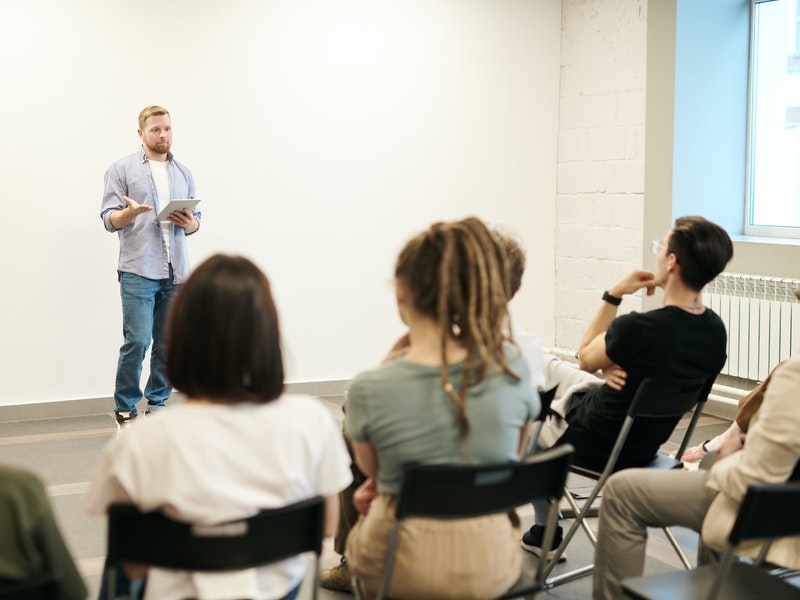Today’s labour market is subject to continuous transformation due to the huge volatility of emerging business models and the emergence of new services and products responding to constantly changing needs of the market. The traditional, segmented approach to education is no longer effective in preparing young specialists ready to enter the labour market.
The aim of the lecture is to stimulate discussion on career opportunities for current and future STEM (Science, Technology, Engineering, and Math) graduates. The discussion will include a career example of a physics graduate who started his career in academia and now works for a leading Venture Capital investor in Italy. The meeting will also provide an opportunity to introduce the possibilities and key moments in making such decisions.
The lecture will be delivered by Roberto Della Marina – founder and Managing Partner of Venture Factory Srl, a consultancy dedicated to the management of the VV3TT fund. After more than 10 years of research and corporate experience, mainly in Switzerland at CERN, CSEM SA, and Colibrys SA, where he managed several high-tech companies, he became Vice President of Development and Director of Technological Innovation at Olivetti I-Jet SpA (Ivrea) in 2003. In 2007, he became Director General of the Cluster of Molecular Biomedicine (CBM Scarl) in Trieste, a public-private initiative in the field of personalised medicine, focused on connecting research centres, companies, and funding institutions. He currently serves as a board member in several companies and foundations including the Bruno Kessler Foundation in Trento, Italy. In 2015, he was awarded the AIFI-EY “Claudio Dematté Price – Private Equity of the Year”.
The lecture is aimed at students and doctoral students of the University of Silesia in Katowice. The meeting will be held on 9 May 2022 from 4 p.m. to 5 p.m. in the K. Lepszego Lecture Hall in the Rectorate (Katowice, ul. Bankowa 12). Registration is not required.
The lecture is implemented as part of the Transform4Europe project co-financed by the European Union’s Erasmus+ programme.






